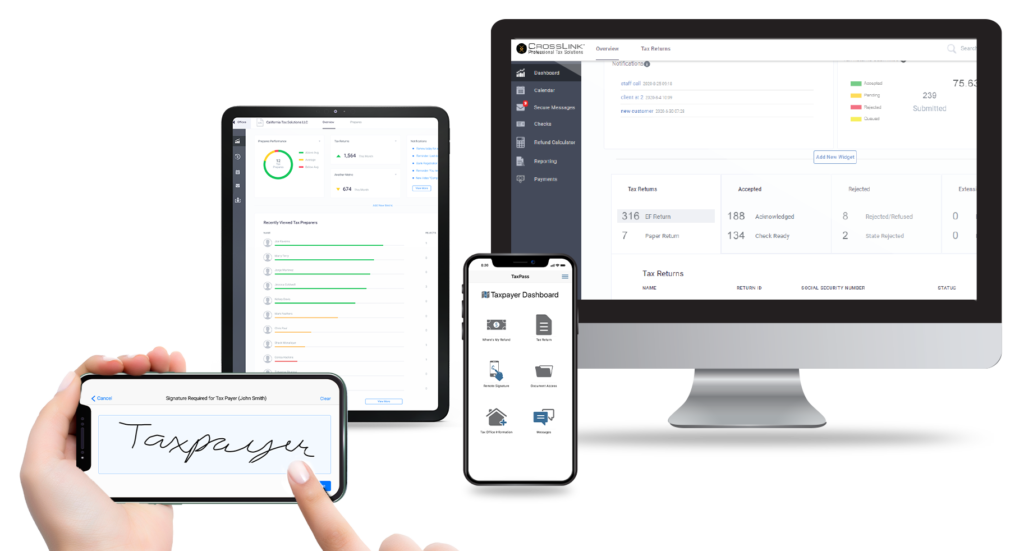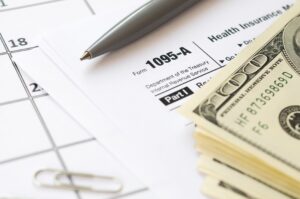Updated: January 23, 2023
What is Form 8615 used for
Form 8615 is required to be used when a taxpayer’s child had unearned income over $2,300 and is:
- Under age 18,
- Age 18 and did not have earned income that was more than half their support, or
- A full-time student between the ages of 19 and 23 and did not have earned income that was more than half their support.
The unearned income of the child is taxed at the parent’s rate if the parent’s rate is higher than the child’s rate.
Who Must File Form 8615
Form 8615 must be filed for any child who meets all of the following:
- The child had more than $2,300 of unearned income
- The child is required to file a tax return
- The child is either:
- Under age 18 at the end of the year,
- Was age 18 at the end of the year and did not have earned income that was more than half of their support, or
- Was a full-time student at least age 19 and under age 24 at the end of the year and did not have earned income that was more than half of their support.
- At least one of the child’s parents is alive at the end of the year
- The child does not file a joint return for the current tax year
Child includes a legally adopted child and a stepchild.
These rules apply whether or not the child is a dependent.
Age Requirements
Applies to a taxpayer’s children who are under 18 or the child’s earned income is less than half their support and they are age 18 or a full-time student aged 19 – 23.
Who has to Pay the Kiddie Tax
The Kiddie Tax is reported on the child’s federal return and thus, it is paid with the child’s tax return.

Current Kiddie Tax Rates
The tax rates and brackets used to figure the tax on a child’s unearned income were modified in the Secure Act that was included in the 2020 Appropriations legislation enacted on December 20, 2019.
For tax years beginning in 2020, dependent children with unearned income above a certain amount ($2,300 for 2022) are taxed at the parent’s individual tax rate if the parent’s rate is higher than the child’s tax rate.
For tax years 2018 and 2019, the tax on Form 8615 may be calculated using the tax rates for estates and trusts or the tax rate of the parent – whichever is less. If the parent’s rate is chosen, an election must be made of Form 8615 for 2018 or 2019.
If a taxpayer chooses to modify the tax on their dependent’s unearned income for tax years 2018 and/or 2019 using the tentative tax based on their parent’s tax rate, they will need to use the 2018 or 2019 instructions for Form 8615 and file an amended return (Form 1040-X) for 2018 and/or 2019.
8615 Capital Gains
A child’s capital gain income and loss are included in the calculation of their unearned income for Kiddie Tax purposes.
8615 Tax Deductions
Since the child’s unearned income is in excess of $2,300, the child is allowed to deduct $2,300 from their total unearned income if they do not have itemized deductions on their return.
If they do have itemized deductions, then they are allowed to subtract from their total unearned income $1,100 plus the portion of their total itemized deductions (Schedule A, line 17) that is directly connected with the production of their unearned income reported on Form 8615, line 1.
What is Unearned Income
For Form 8615, unearned income includes all taxable income other than earned income.
Examples of unearned income are:
- Taxable interest
- Ordinary dividends
- Capital gains (including capital gain distributions)
- Rents and royalties
- Taxable Social Security benefits
- Pension and annuity income
- Taxable scholarship and fellowship grants not reported on Form W-2
- Unemployment compensation
- Alimony
- Income received as the beneficiary of a trust
What is Earned Income
Earned income includes wages, tips, and other payments received for personal services performed.
It also includes any taxable distribution from a qualified disability trust.
If the child is a sole proprietor or a partner in a trade or business in which both personal services and capital are material income producing factors, earned income also includes a reasonable allowance for compensation for personal services, but not more than 30% of the child’s share of the net profits from that trade or business.
If capital is not an income-producing factor and the child’s personal services produced the business income, all of the child’s gross income from the trade or business is considered earned income.
Kiddie Tax (Form 8615) Changes for Tax Years 2020 and Beyond
The Tax for Certain Children Who Have Unearned Income that is reported on Form 8615 was changed in the Secure Act which was included in the 2020 Appropriations legislation enacted on December 20, 2019.
Effective for tax years beginning in 2020, the Kiddie Tax will revert back to the rules that were in effect before 2018. This means the tax on unearned income for certain children will be calculated based on the tax rate of the parent.
As part of this change, the legislation allows the Kiddie Tax to also be calculated using the tax rate of the parent if an election is made on Form 8615 for Tax Years 2018 and 2019.
Therefore, for Tax Year 2019 the Kiddie Tax may be calculated using the tax rates for estates and trusts or the tax rate of the parent – whichever is less. If the parent rate is chosen, they must make an election on Form 8615.
Kiddie Tax and Covid Unemployment
Under the American Rescue Plan Act for tax year 2020 only, the first $10,200 of unemployment compensation is excluded from income provided the taxpayer’s adjusted gross income (AGI) is less than $150,000.
For Kiddie Tax purposes in 2020, the unemployment benefits in excess of $10,200 received by the child are treated as unearned income.
For the parent, if the parent’s AGI is greater than $150,000 and they received unemployment compensation in 2020, the exclusion will not apply and thus the parent’s taxable income will include the entire unemployment compensation amount and will be reflected in their tax rate and therefore the tax rate at which the child’s unearned income will be taxed at will be higher.
For more details on the Kiddie Tax and Form 8615,, see the following on the IRS website:
- Topic No. 553 Tax on Child’s Investment and Other Unearned Income
- Form 8615 instructions
- Publication 929 (Tax Rules for Children and Dependents)
CrossLink Professional Tax Software

CrossLink is the industry’s leading professional tax software solution for high-volume tax businesses. Built based on the needs of busy tax offices and mobile tax preparers that specialize in providing their taxpayer clients with fast and accurate tax returns, CrossLink has been a trusted software solution since 1989. CrossLink’s in-depth tax calculations, advanced technological features, and paperless solutions allow you to prepare the most complicated tax returns with confidence and ease while providing your customers an unparalleled experience.







